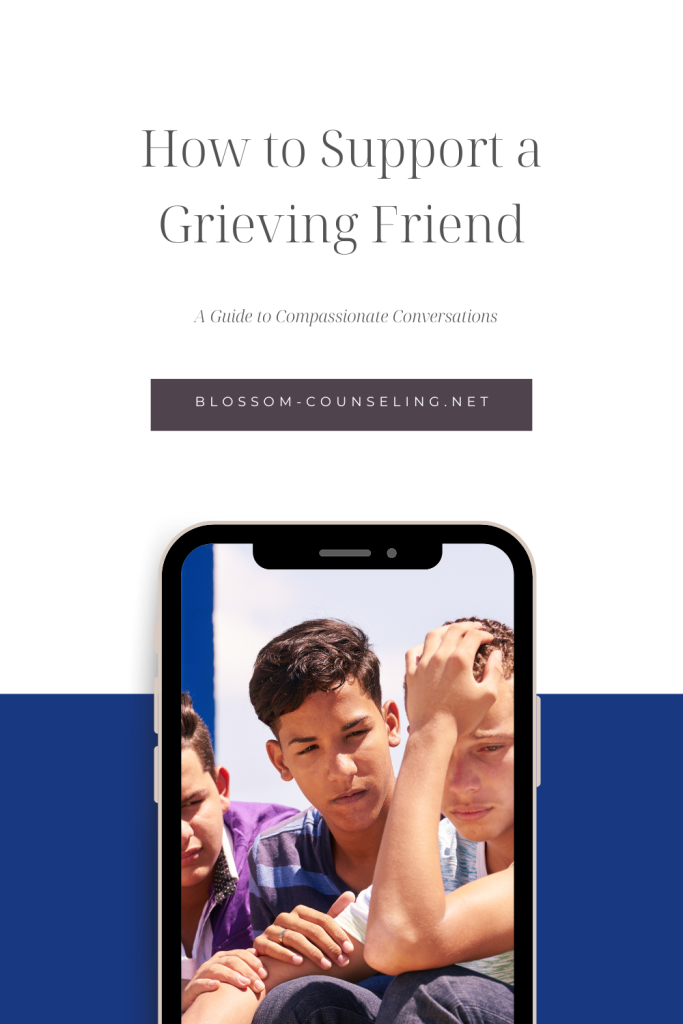
Intrusive thoughts are uninvited guests in our minds—they pop up without warning and can be distressing, bizarre, or downright disturbing. Often, these thoughts can make you feel anxious, upset, or ashamed. You might worry about their meaning or fear their implications. But here’s the good news: having intrusive thoughts is a common human experience, and they don’t have to control your life.
What Are Intrusive Thoughts?
Intrusive thoughts are thoughts that seem to become stuck in your mind. They often focus on taboo or socially unacceptable topics, involve harmful actions, or create fear that you might break from your moral character. For example, a new parent might have a fleeting, horrifying image of harming their child by accident, or someone might fear they left the oven on, risking a fire, despite checking multiple times.
Why Do They Happen?
Intrusive thoughts are part of our brain’s natural way of dealing with stress or anxiety. They can be random, but they’re usually more frequent when we’re feeling stressed, anxious, or tired. Think of them as background noise—just because you hear it doesn’t mean you have to pay attention to it.
Managing Intrusive Thoughts Effectively
Acknowledge, Don’t Suppress: Trying to push intrusive thoughts away can actually make them stick around longer. Acknowledge their presence without judgment and remind yourself that these thoughts are not a directive or reflection of your character.
Mindfulness and Meditation: Engaging in mindfulness practices can help you learn to observe your thoughts without becoming entangled in them. Meditation, especially, teaches you to return to a point of focus, like your breath, whenever unwanted thoughts arise.
Label Them: Sometimes, simply labeling these thoughts as ‘intrusive’ can reduce their impact. It’s a way of categorizing them as ‘just thoughts’ and not a part of your core self.
Talk About It: Sharing your experiences with a trusted friend, family member, or mental health professional can demystify the power of intrusive thoughts. Often, saying them out loud can reduce their menacing feel.
Professional Help: If intrusive thoughts are frequent and interfere with your daily life, it might be beneficial to seek help from a mental health professional. Therapies like Cognitive Behavioral Therapy (CBT) are highly effective at teaching individuals how to change their reaction to intrusive thoughts.
Understanding Their Irrelevance
Intrusive thoughts do not define who you are or what you are going to do. They are simply mental junk, the byproducts of an overactive mind trying to protect you, albeit not very helpfully. It’s like a smoke detector that goes off even when there’s no fire—annoying, yes, but a sign it’s working, not that your house is burning down.
Remember, everyone has strange, weird, or even scary thoughts pop into their head from time to time. It’s a part of being human. The key to dealing with these thoughts isn’t in stopping them altogether but in managing how you respond to them. With practice and patience, you can gain control over your reactions and find significant relief, allowing you to focus on the more enjoyable and meaningful aspects of life.
|
|
Our team of compassionate therapists is here to help you find the support you need. We believe in a holistic approach, treating your mind, body, and spirit. With a blend of traditional and alternative therapies, we tailor your experience to meet your unique needs. At Blossom, we create a non-judgmental space where you can be your authentic self. Our goal is to empower you, amplify your strengths, and help you create lasting change. Together, we’ll navigate life’s challenges and help you bloom, grow, blossom! You deserve to become the best version of you.




